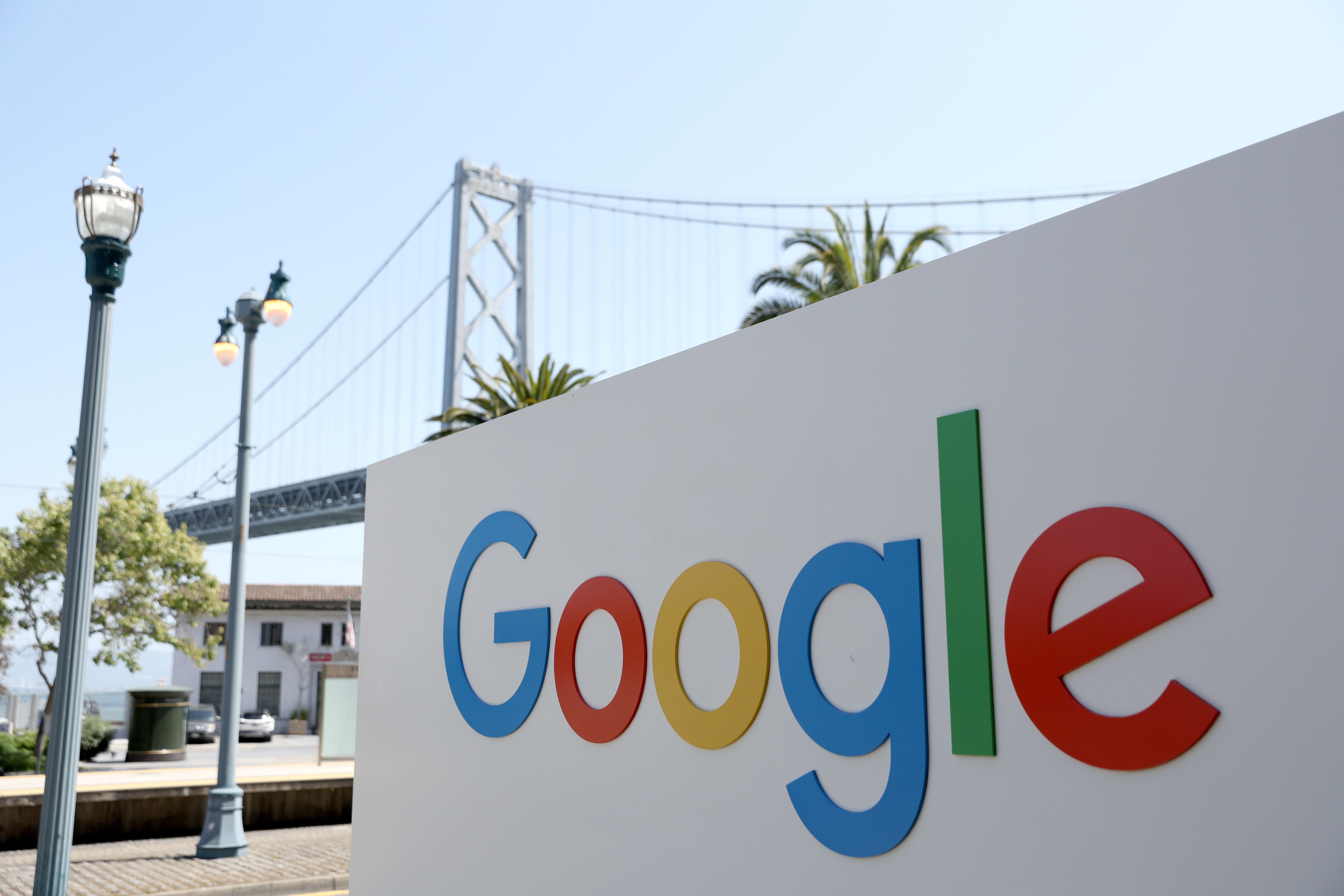
Key Takeaways
- Google has suspended the image generation capabilities of its artificial intelligence service Gemini after users complained of historically inaccurate outputs.
- The controversy started earlier this week when Gemini responded to prompts such as “the Founding Fathers” and “1943 German soldier” with images including people of color.
- The blunder comes at a bad moment for Alphabet as the company seeks to drive advertising and corporate partnership growth via its AI offerings.
Alphabet ( GOOGL ) subsidiary Google temporarily suspended some image generation features of its artificial intelligence (AI ) services suite Gemini on Thursday. The pause comes after users publicized a number of historically inaccurate images generated by the service this week.
The controversy started earlier this week when Gemini responded to prompts such as “the Founding Fathers” and “1943 German soldier” with images including people of color. Google said it’s aware of the issue and addressing it.
“We’re working to improve these kinds of depictions immediately,” the company said Wednesday in a post on X. “Gemini’s AI image generation does generate a wide range of people. And that’s generally a good thing because people around the world use it. But it’s missing the mark here.”
“As part of our AI principles, we design our image generation capabilities to reflect our global user base, and we take representation and bias seriously. We will continue to do this for open ended prompts (images of a person walking a dog are universal!),” Google Senior Director of Product for Gemini Jack Krawczyk said in a separate post on X.
While Gemini’s image generation capacity is on hiatus pending fixes, the AI suite’s other applications, including its namesake chatbot ( previously named Bard ), remain operational. Nevertheless, the snafu comes at a particularly inopportune moment for the tech giant as it continues to grow its AI offerings.
On Wednesday, Google launched Gemini Business, expanding AI services for its Google Workspace customers , and introduced a new generation of AI models called Gemma. When Alphabet announced fourth-quarter earnings at the end of January, CEO Sundar Pichai said AI would be a key driver for advertising and corporate partnership growth in the future.

